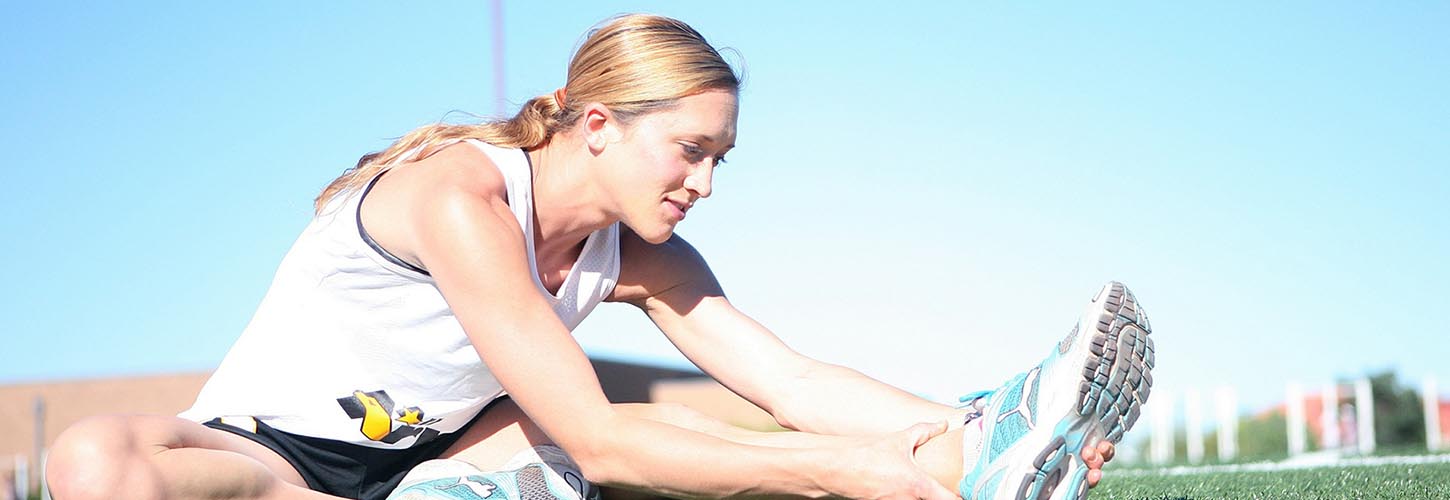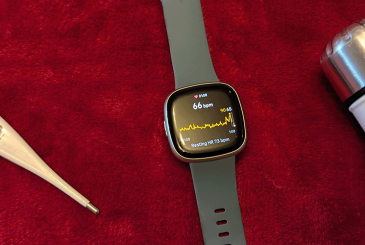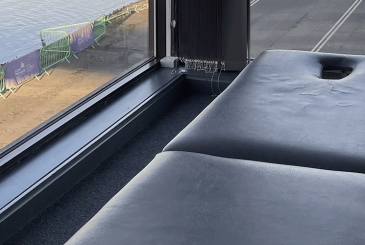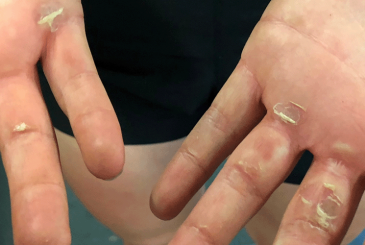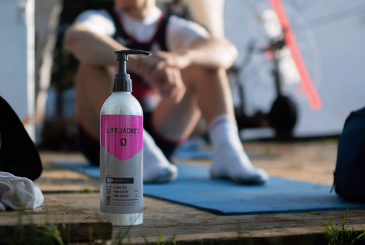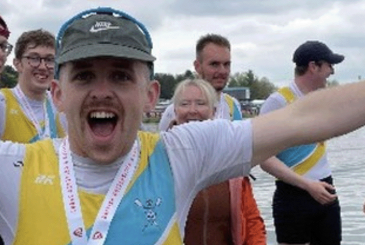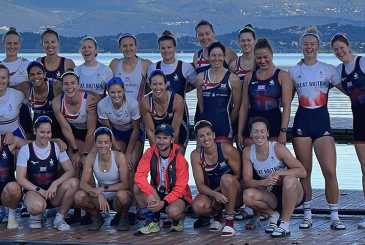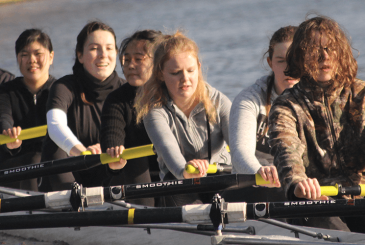As well as your physical training, it’s important to eat, drink and sleep well to maintain your mental and physical health. Patricia Carswell finds out more
With a strenuous sport like rowing it’s easy to assume you’ve got it covered just because you’re rowing several times a week. In fact it’s all the more important to pay attention to your overall health.
Eating and drinking
Rowing doesn’t always make it easy to eat properly. Early morning and late evening training sessions can give you little time to cook from scratch, and it’s tempting to fall back on snacks or sports drinks.
It’s worth taking a close look at what you eat as your diet will directly affect your general health and performance. Keep a food diary for a week and you might be surprised by what you find.
According to Zac Purchase, MBE, Olympic and world champion turned personal trainer, who now runs Zacs Fitness, a fitness studio which he describes as an “anti-gym”, if you’re skipping meals or eating junk, the answer is forward planning.
“It all comes down to being prepared. It doesn’t take too long on a Sunday to get some Tupperware together and portion up your snacks for the week, rather than doing it every evening before you go to bed.”
There’s no need, he says, to fall back on sports drinks or nutritional supplements.
“If you’re training for anything more than 45 minutes of continuous steady state, you’d definitely need to replace the electrolytes lost, but you can achieve the same thing by just taking normal orange squash and adding a pinch of salt to it – you’ve got yourself a really simple sports drink.
“If you have a proper, well-rounded diet and you eat healthily, you don’t need nutritional supplements. All you’re doing is running a massively increased risk of falling foul of the anti-doping code.”
Body mechanics
Rowing asks a lot of your body and you need to respect its limits. Poor technique such as over-reaching at the catch can lead to back problems, and if you always row on one side you may find your body is slightly out of kilter. It’s not just rowing that can put you out of alignment – hunching over a computer can stiffen your shoulders and neck.
“The important thing is to try and prevent it happening in the first place – doing prehab instead of rehab – doing as much work as you can to try and prevent injury in the first place rather than putting your body back together afterwards,” says Purchase.
Variety is key, he adds. “You should become a full, rounded athlete first and then specialise in rowing second. As rowing is a full body sport, I’d normally recommend other full body, low impact sports. Swimming is great and so is Nordic walking. I’m also a massive fan of yoga. It’s nice to have that little bit of respite to chill out and relax, though you need to be careful not to take it too far as you could cause an injury. Yoga should challenge you but not push you – it’s about getting the balance.”
Unless you’re an elite rower, the likelihood is that you don’t address niggles as soon as you should. Get a physio on speed dial and don’t leave a twinge neglected.
“If you do have a little niggle, it is important to get it looked at,” says Purchase, “but it can sometimes be just as easily accomplished by just having a gentle rest. There’s nothing wrong with having a few days or even a week out of the boat and jumping on the bike or going swimming instead.”
Sleep and recovery
Rowers are notorious for burning the candle at both ends, but this can be disastrous for your health and your performance.
“Rest and recovery are possibly the most important things,” says Purchase. “People forget that you don’t actually get any benefit from training at all. The training all comes from the quality of the recovery that you put around it. You can spend hours training but if you don’t recover properly then you won’t get anywhere near the benefit as if you do less training but put more effort into the recovery. So instead of doing 20k on the erg, maybe do 14 or 15k and spend the extra 20 minutes to prepare your post-training nutrition, or take 10 minutes to do a bit of meditation afterwards.”
It’s also important to understand that there is no one-size-fits-all policy when it comes to how much you should be training and how much rest you should get.
“One of the mad things that you see is club athletes trying to emulate the training programmes of elite squads around the world. It’s a complete fallacy as elite squads are supported well – they have people constantly around them working with them and get all the support they need in terms of recovery, and club athletes don’t have that. It’s all about adapting training to the environment that you’re in and making sure that it works for you now.”
If you’re waking up tired every morning, it may be as much about the quality as the quantity of sleep you’re getting. Consider monitoring your sleep cycle with an app or fitness device.
Mental health
Although regular exercise is good for your mental health, some aspects of rowing can add to your stress levels. Erg tests and crew selection can cause even the most hardened rower to become anxious and the ongoing pressure to perform can take its toll on your mental health.
“Rowers are trying to squeeze a huge amount of training into what is already a pretty busy life,” says Purchase. “Everybody knows rowers who are constantly trying to work out when they’re going to get their next meal, how they’re going to squeeze their next training session in, and I do think people try to do a bit too much.”
Prevention is better than cure, and meditation can be very useful, says Purchase. “Having time to clear your mind really is key.”
Even just sitting reading a book can help. “When I was a full-time rower I spent a lot of time reading. I find books a fantastic escape.”
If you’re struggling with stress, talk to someone who understands the pressures you’re under and take steps to address your stress levels more generally. “Sometimes it would be better to do one session less but to do it to the highest standard you can,” says Purchase.


